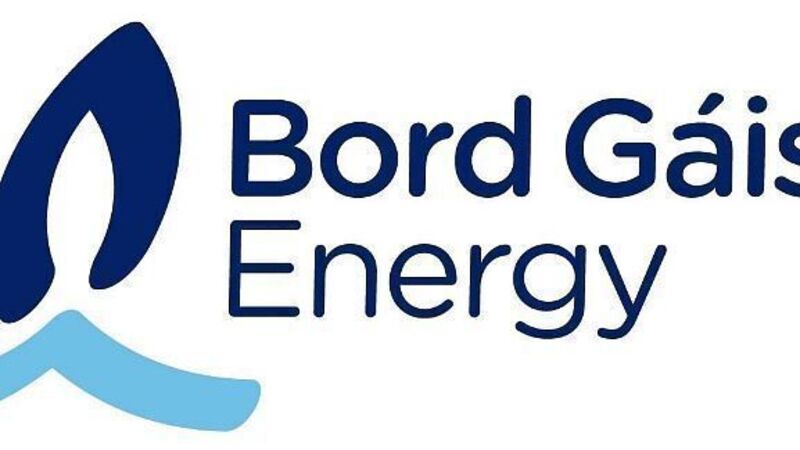Bord Gáis doubles state dividend to €50m

In its last year as a retail energy-dominated player, the group generated a post-tax, but pre-exceptional item, profit of €130m, generated €458m in cash from operating activities and more than doubled its annual dividend to the State to €50m , bringing its total combined historic dividend payment to the exchequer to almost €1bn.
The Bord Gáis Energy retail business — recently sold to a consortium led by UK utility, Centrica — saw its earnings increase last year by 15% to €91m and revenue rise by 2% to €1.35bn.
















